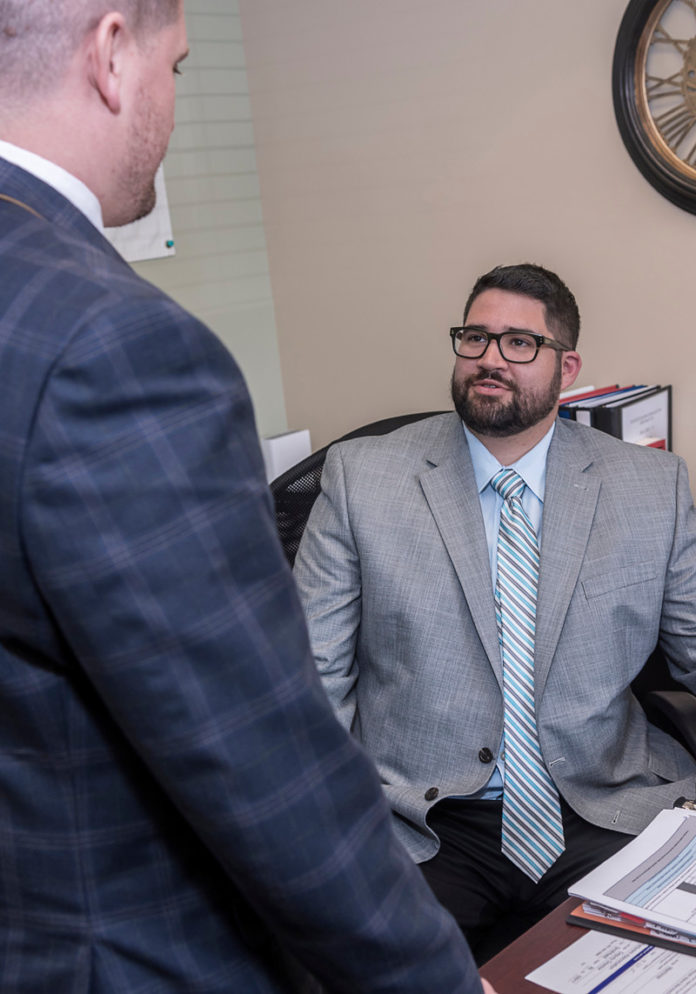1As the Manufacturing Industry Partnership’s workforce-development coordinator and certified career adviser, you orchestrated a partnership between ChemArt and the East Providence Area Career and Technical Center. What are the benefits?
We believe that students need to be exposed to all areas of manufacturing, not just the blue-collar positions. They are also learning about the design phase, materials selection, management of the process and how getting work becomes reality.
2Are there other partnerships coming?
We are piloting a national certification for a Certified Production Technician in manufacturing skills standards training at East Providence Career and Tech and Narragansett High School, where 20 students are learning safety and quality. Upon completion they will transition to work, shadow an employer and continue learning new skills.
3In April, the state reported manufacturing wages in March had decreased by 53 cents compared with a year prior, and that hours worked were down. How can the state turn this around?
The manufacturing industry has seen a positive increase in the number of job openings and job placements within the last two years. The decrease in manufacturing-worker wages can be attributed to the limited amount of skilled-training programs available for high-skilled occupations. Employers have had to hire lower-skilled workers at lower wages in order to get people in the door and train them.
4How many workers have you helped place in jobs?
I have placed more than 70 people in permanent, full-time jobs with manufacturers throughout the state. One of the many assets that I have been able to utilize and which I foresee increasing the number of placements is Work Immersion, a state-funded program that will help subsidize part of an employee’s wages.
5On May 28, the 2015 Manufacturing Summit at the Crowne Plaza Providence-Warwick will focus on live, interactive analysis of the skills gap. How will it work?
The Manufacturing Industry Partnership … [is] driving solutions to workforce challenges on three fronts: improving the perception of careers in manufacturing to attract more young people; increasing the number of quality manufacturing education programs offered in high schools, community colleges, and technical schools and implementing policy changes needed to support these goals. •













